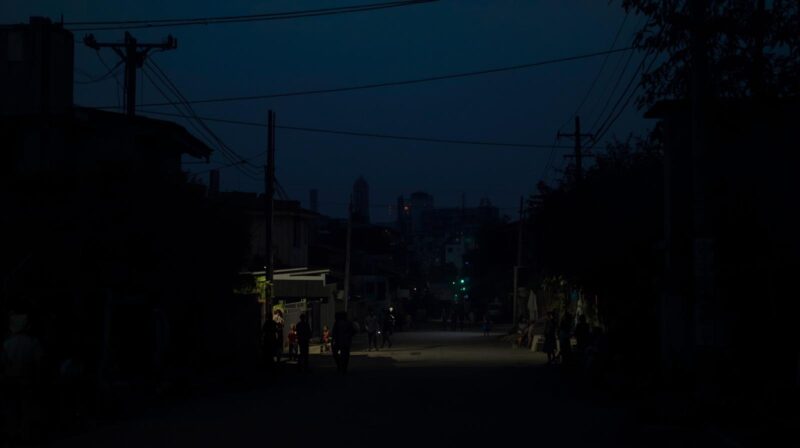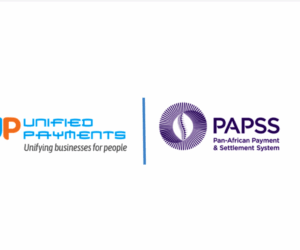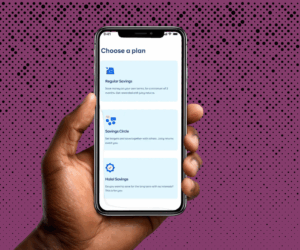Lagos is no longer just Nigeria’s supposed megacity: it’s staking a claim as Africa’s fintech capital. A 2025 survey by StartupList Africa finds the city’s fintech community hosts 503 active startups, more than double its nearest rival on the continent.
Since 2020, 256 new fintech entities have popped up in the city, while 78 firms now employ 50 or more people, suggesting that its ecosystem is moving beyond early-stage hustle to serious scale. Add to that its startups’ $6.03 billion in funding, and you’ve got a level of capital flow many cities can only envy.
Yet beneath the glow of headlines, the infrastructure that underpins this promised land is cracking.
Power outages remain a fact of daily life. While fintech firms and startups rally to stay online, many are forced to lean heavily on generators.
The national grid still fails too often. Internet and connectivity, key to every app, wallet, or payment portal, are patchy. In remote corners, high latency, unstable broadband, and “last-mile” gaps persist, limiting reach beyond core business districts.
Experts warn that regulatory uncertainty, rising costs of construction, skyrocketing rents, and endless traffic jams also add to the burden. And the cost of living for workers in fintech and tech more broadly is climbing as fast as Lagos’ startup valuations.
Housing rents in key areas have jumped by over 100% in recent years, often outpacing income growth. Young engineers and founders are feeling squeezed.
As one founder put it: “You can scale a payment app, raise capital, and build worldwide ambitions, but if your team can’t afford a stable place of work or reliable internet, you’re building on shaky ground.”
Evidence of Lagos’ fintech dominance
Lagos’ tech scene has matured fast. Capital, scale and policy have combined to put it ahead of what many expected.
Between 2019 and 2024, the city attracted over $6 billion in direct foreign funding for startups; most of Nigeria’s tech-investment inflows go through Lagos, making it the hub of choice for investors backing African innovation.
In 2024 alone, Lagos-based startups raised about $158 million, notwithstanding a tougher global funding environment.
One crown jewel in that wave is Moniepoint, which became a home-grown unicorn after raising $110 million in a late-2024 Series C round. That infusion pushed Moniepoint past the $1 billion valuation mark, putting the city firmly on the unicorn map.
Policy levers have lubricated much of this ascent. The State Government has proposed a ₦31 billion Innovation Fund (~$20–25 million) for startups, finance research, and building infrastructure like hubs, tech parks, and risk capital pools.
At the national level, regulators have rolled out sandbox frameworks and sustained the long-standing cashless policy. Both have lowered barriers for fintech entities to launch digital financial services, payment solutions, mobile wallets, and app-based banking.
The mix of investment capital, supportive regulation, and a population hungry for better financial services paints the picture of a powerful fintech ecosystem. But the logistics, power, and connectivity behind it are under strain, raising questions about how long current levels of growth can last without cracks deepening.
The infrastructure is under pressure
Power
Lagos’ electricity system is grossly inadequate. State data show that the city needs 9,000 MW but receives ~1,000 MW (≈11%) from the national grid. As a result, over 80% of homes and businesses rely on generators or off-grid sources.
This private generation is extremely expensive, roughly ₦130/kWh versus ₦50/kWh from the grid, imposing an extra ₦5.3 trillion annual cost on Lagosians.
Entrepreneurs report that outages are daily events. A tech-sector survey found the average firm endures 30+ power cuts per month, each lasting 2–5 hours. Over half of tech firms deem reliable power a “major” obstacle, and about one-third say outages cut sales by more than 20%.

In practice, startups must budget heavily for diesel generators, solar panels, and UPS systems, reducing profitability and slowing innovation.
Internet & connectivity
Lagos is by far Nigeria’s digital hub. All eight of the country’s submarine Internet cables land in the city, and fibre backbones radiate from the city. As a result, it hosts about 55% of Nigeria’s data-centre capacity and over half the nation’s internet subscribers.
But this reflects a stark urban–rural divide. Only ~30% of rural Nigerians have electricity (vs 91% of urban), and roughly half the country lacks broadband access. In practice, urban areas enjoy fibre ISPs and 4G/5G coverage, whereas smaller cities and villages rely on slow mobile links.
The data-centre boom contrasts sharply with sparse infrastructure outside the state. Even within the city, “last mile” reliability remains a persistent pain for businesses beyond hubs like Victoria Island and Yaba.
Real estate & workspaces
Commercial space in Lagos is scarce and costly. A recent ranking puts it as Africa’s most expensive city for prime office rent (~$55/m²), ahead of Abuja ($46/m²) and other capitals.


This reflects strong demand from finance and tech despite weak infrastructure. The pipeline is responding: by 2027, the city will add ~95,000 m² of new Grade-A office space across 10 projects, including Dangote HQ in Ikoyi.
But startups, especially fintech entities, clustered in Yaba, Ikeja, VI and Lekki still face stiff competition for space. High rents combine with the city’s logistics woes to squeeze founders.
Traffic worsens it. Lagos was ranked the world’s most congested city in 2025, with an average 70-minute one-way commute. Long journeys drain productivity and morale, often making remote or hybrid work a necessity.
Talent retention
Infrastructure pressures are driving an exodus of young professionals. Surveys note that many graduates and tech workers are leaving for smaller cities with lower costs and shorter commutes.
Rents can be three to four times higher than in Ibadan or Jos (₦200k+ for a one-bedroom vs ₦50–80k elsewhere). Commuters often spend 1–2 hours on the road; in regional hubs, it’s often 20–30 minutes.
Remote-work tools and secondary-city infrastructure have made relocation feasible. Local outlets and international media alike confirm the talent flight. Many developers cite high costs, pollution, and power failures as reasons to relocate, forcing startups to pay higher wages or risk losing staff.


If Lagos’ infrastructure weaknesses intensify, the fintech boom could stumble.
Fintech capital… or time-bomb?
Lagos is a paradox: Africa’s fastest-growing tech city and magnet for talent, yet its infrastructure still belongs to another era.
The question is blunt: can Lagos fintech sustain its advantage if power grids, internet pipes, and urban logistics fail to catch up?


If not, higher costs, fragile payments, and investor caution will follow. Microsoft’s 2024 footprint recalibration in Lagos stands as a reminder that even global firms weigh operational risks.
What needs to happen is heavy but clear:
- Deploy more microgrids, solar, and targeted power upgrades.
- Expand data-centres and fibre, while enabling satellite backup.
- Decentralise growth to other cities, spreading fintech beyond Lagos.
- Provide regulatory stability and streamline KYC.
- Improve workspace affordability, commuting, and living conditions to retain talent.








